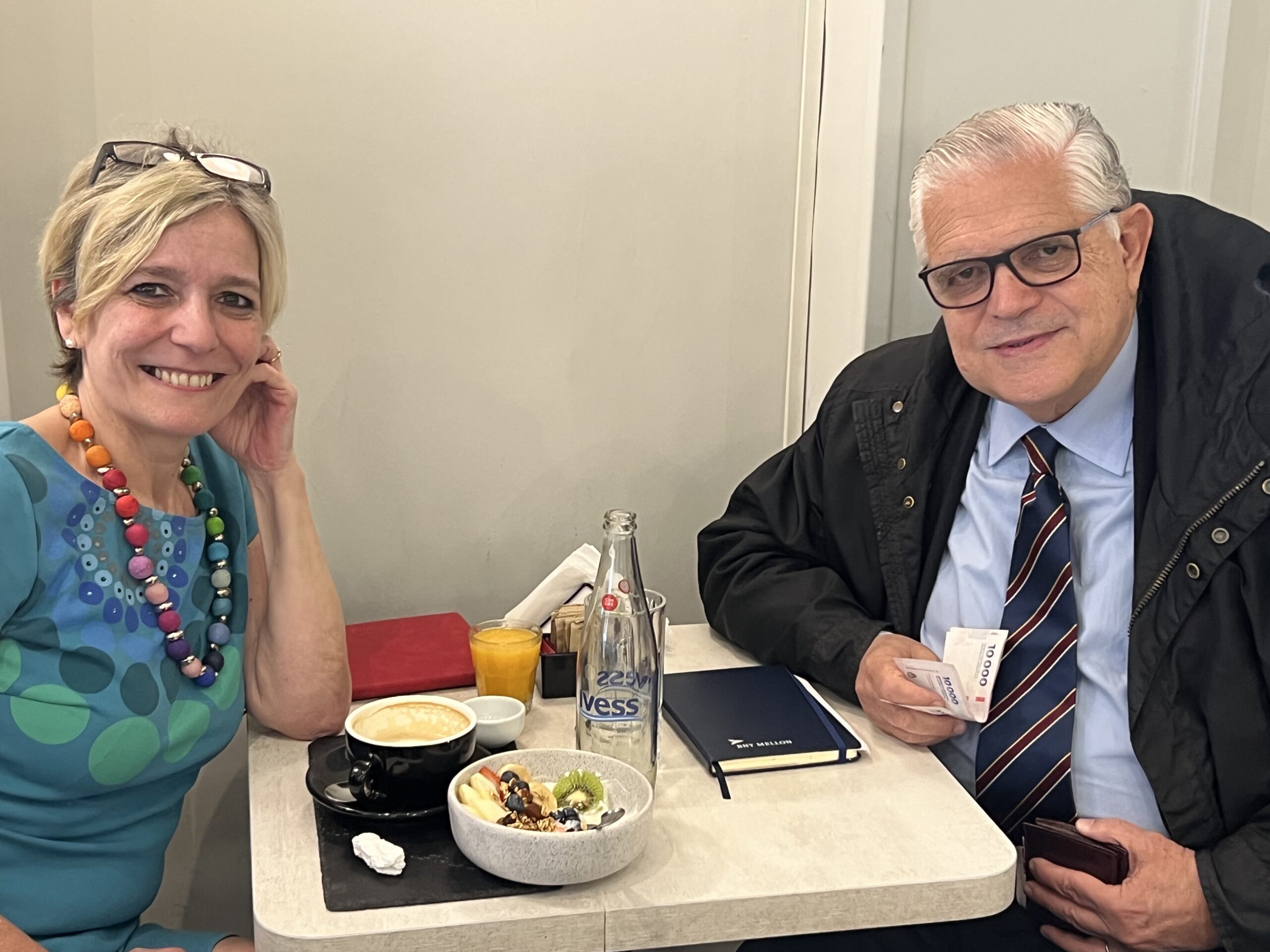
The Argentine president is being faithful to the intellectual tradition from which he comes: the liberal one.

No citizen with a moral instinct, that faculty of the soul between political courage and the will for personal affirmation, will stop applauding the trip of the president of Argentina, Javier Milei, to the World Economic Forum of Davos (Switzerland) on a regular flight. This decision has saved his country’s public coffers between 360,000 and 320,000 dollars. The ordinary citizen will also have to praise his critical speech about the Davos Forum itself, a space for global discussion absolutely contaminated by the socialist agenda 2030, because it shows a political and moral coherence difficult to find in other leaders of the world. Why quote Sánchez! It would be ridiculous to compare the president of the Government of Spain, the main «political monster» of the EU, in the sense that Antonio Negri gives to that expression, with Professor Milei, who has just arrived on the path of truth and the votes for the presidency of his country. The Argentine leader is fulfilling everything he had promised.
But, above all, he is giving a moral lesson to the whole world. It is being faithful to the intellectual tradition from which it comes: the liberal, or better, to the liberal current represented by two economic schools, the Scottish and the Austrian, which have achieved something unprecedented in our societies, namely, not to detach the economy from morality. The great-teachers of this tradition have shown that link doubly, on the one hand, with their doctrines and theoretical developments and, on the other, with their own life trajectories. The vital and intellectual coherence of these authors is worthy of study. Neither Adam Smith, the main representative of the British Enlightenment, nor Ludwig von Mises and Friedrich August von Hayek, on the part of the Austrian School, can ever be accused of dismissiveness or sleekness when defending their ideas. They have made life, spiritual and moral food of their theories; and, what is even more important, the enlightened way of defending and disseminating them constitute a decisive impulse so that the authenticity of the human being does not die ruined by imbeciles, or worse, by immoral and communist types, in short, totalitarians of all kinds and conditions.
Von Mises and Hayek, to name only two authors of this liberal current, are reference authors of Milei not only in theoretical or intellectual terms, but also moral. Their commitment to eradicate poverty is the common goal of these characters. They were authors who dedicated their entire existence not only to exposing and developing their economic theories, but also to explaining and defending the political, social and economic areas most conducive to developing individual freedom and greater economic development. The main objective of his ideas was to raise the standard of living of all citizens of a country, especially that of the poor. Milei follows together, in effect, not only the main doctrines of those two authors, but also the way to defend them. Where there is a space to defend them must be the economist, in truth, the moralist who intends to persuade those who persecute them of his knowledge. That’s what Milei did in Davos.
Thank you for watching
From the author
Yesterday: A book about Lenin
19 San. 2024: Return of Milei to a father of the homeland: Juan Bautista Alberdi
14 San. 2024: Conspiracy of the political caste
12 San. 2024: A classic in Milei’s speech: Adam Smith
Yes, Von Mises and his main disciple Hayek, at the time of the greatest boom of Keynesian interventionism, had the courage to criticize him and oppose him, they showed precisely that that model would provoke greater state interventionism in the economy and a situation of crisis and persistent inflation. One example is enough to take charge of the moral courage of the tradition in which Milei drinks, and the hypocrisy in which most of the Neokeynesian interventionists of Davos are installed.
While Luwig von Mises was persecuted for radically opposing the Nazi dictatorship and the Hitlerian economic system, Keynes published his General Theory in Germany, in September 1936, where, after making a thousand praises to the economy of the Nazis headed by Hitler, he affirms: «The product theory in its entirety that this book will try to offer is, by far, more easily adaptable to the conditions of a totalitarian state than the theory of the production and distribution of a given product under the conditions of free competition and to a large extent of Laissez Faire.»




